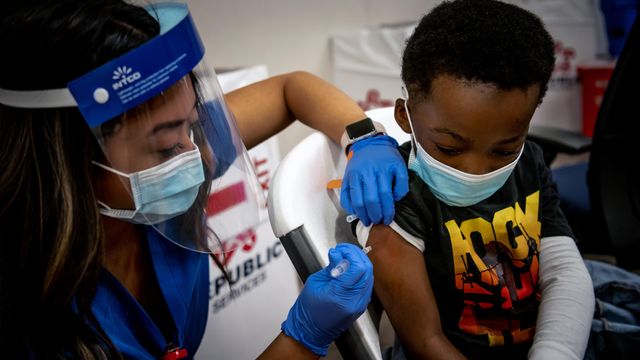Duke research center to study long COVID, lingering symptoms
The Duke Clinical Research Institute (DCRI) has been designated a data coordination center for national research studies on long COVID, which the Centers for Disease Control and Prevention defines as "a wide range of ongoing health problems" lasting weeks, months or years after a COVID diagnosis.
People who have more severe symptoms are more likely to develop long COVID, and getting vaccines and boosters can help reduce the chance of serious or persisting symptoms.
The CDC estimates 2.5% of people with COVID-19 report lingering symptoms for three months or longer.
DCRI will partner with RTI International to study long COVID, establishing a list of patients and testing prevention and treatment options in adults and children.
The project is part of the National Institutes of Health's RECOVER initiative, which is funded by Congress and focused on recovery from coronavirus.
According to Duke, some common long COVID symptoms include pain, headaches, fatigue, brain fog or memory issues, shortness of breath, anxiety, depression, fever, chronic cough and sleep problems.












